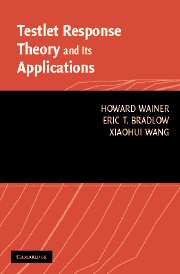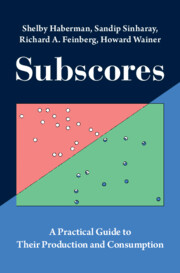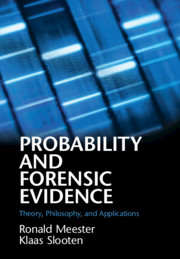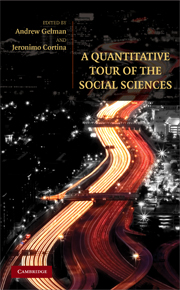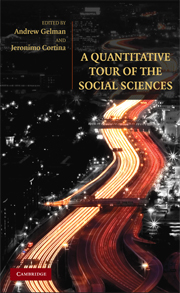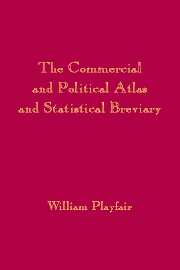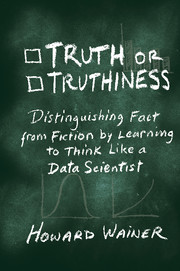Testlet Response Theory and Its Applications
The measurement models employed to score tests have been evolving over the past century from those that focus on the entire test (true score theory) to models that focus on individual test items (item response theory) to models that use small groups of items (testlets) as the fungible unit from which tests are constructed and scored (testlet response theory, or TRT). In this book, the inventors of TRT trace the history of this evolution and explain the character of modern TRT. Written for researchers and professionals in statistics, psychometrics, and educational psychology, the first part offers an accessible introduction to TRT and its applications. The second part presents a comprehensive, self-contained discussion of the model couched within a fully Bayesian framework. Its parameters are estimated using Markov chain Monte Carlo procedures, and the resulting posterior distributions of the parameter estimates yield insights into score stability that were previously unsuspected.
- It is the first comprehensive statement of testlet response theory
- It is wide ranging, discussing many of the key issues of modern testing
- It is largely self-contained, including a tutorial on Markov chain Monte Carlo methodology
Reviews & endorsements
'… a very accessible and incredibly delightful book to read. … an excellent resource … a valuable addition to the bookshelves of teachers, students and researchers in testing and measurement.' Psychometrika
Product details
June 2007Hardback
9780521862721
280 pages
237 × 160 × 21 mm
0.498kg
22 tables 65 exercises
Available
Table of Contents
- Preface
- Part I. Introduction to Testlets:
- 1. Introduction to testing
- 2. Traditional true score theory
- 3. Item response theory
- 4. Testlet response theory: introduction and preview
- 5. The origins of testlet response theory: three alternatives
- 6. Fitting testlets with polytomous IRT models: the Law School Admissions Test as an example
- Part II. Bayesian Testlet Response Theory: Introduction
- 7. A brief history and the basic ideas of modern testlet response theory
- 8. The 2-PL Bayesian testlet model
- 9. The 3-PL Bayesian testlet model
- 10. A Bayesian testlet model for a mixture of binary and polytomous data
- 11. A Bayesian testlet model with covariates
- 12. Testlet nonresponse theory: dealing with missing data
- Part III. Applications and Ancillary Topics: Introduction
- 13. Using posterior distributions to evaluate passing scores: The PPoP curve
- 14. DIF - Differential Testlet Functioning
- 15. Estimation: a Bayesian primer.

